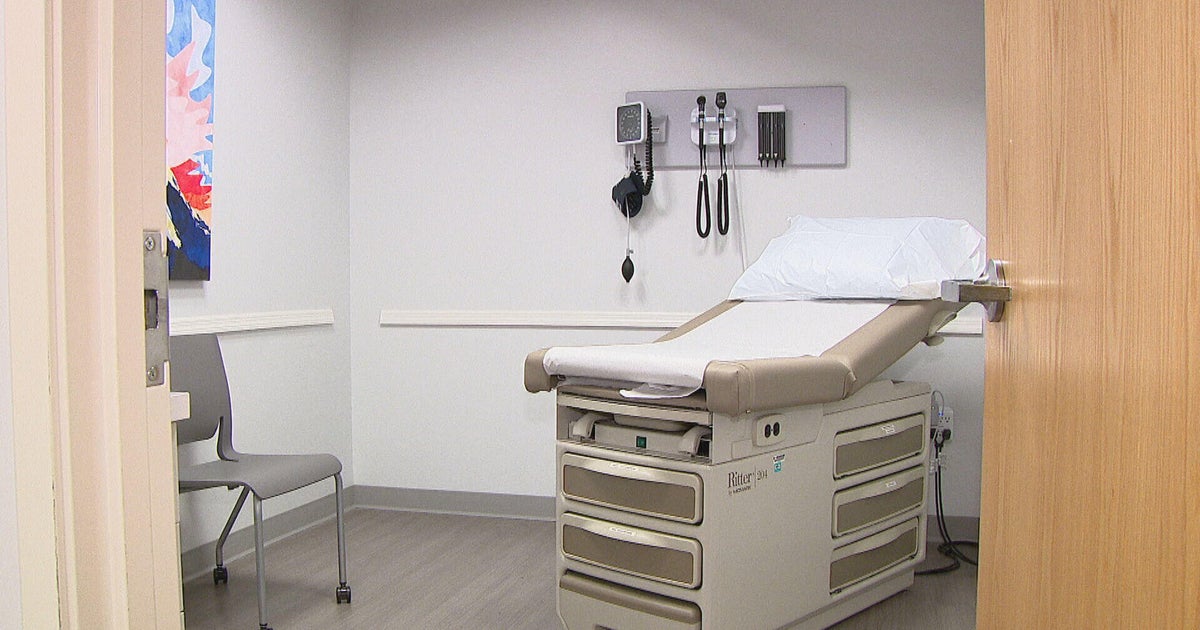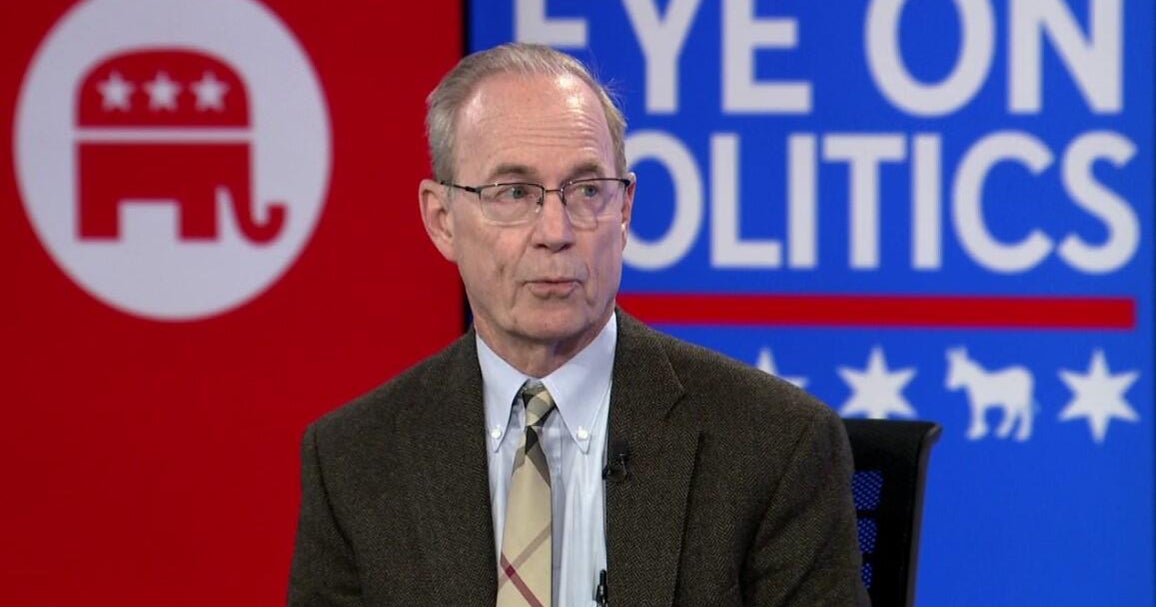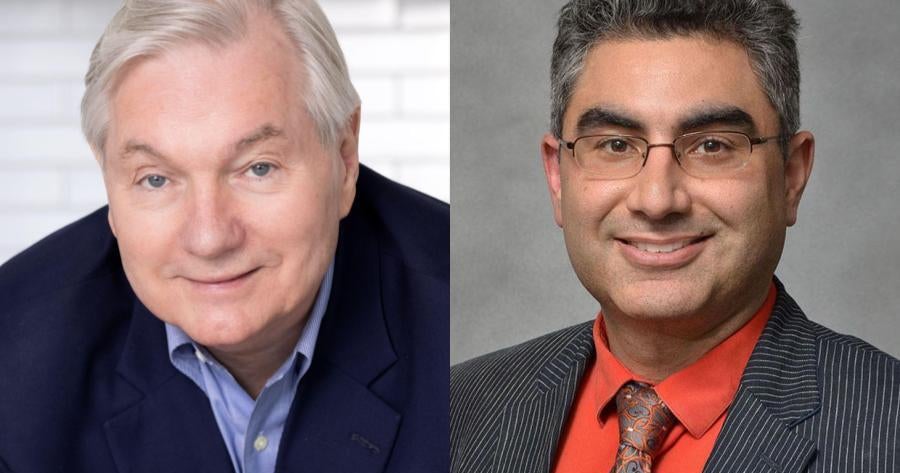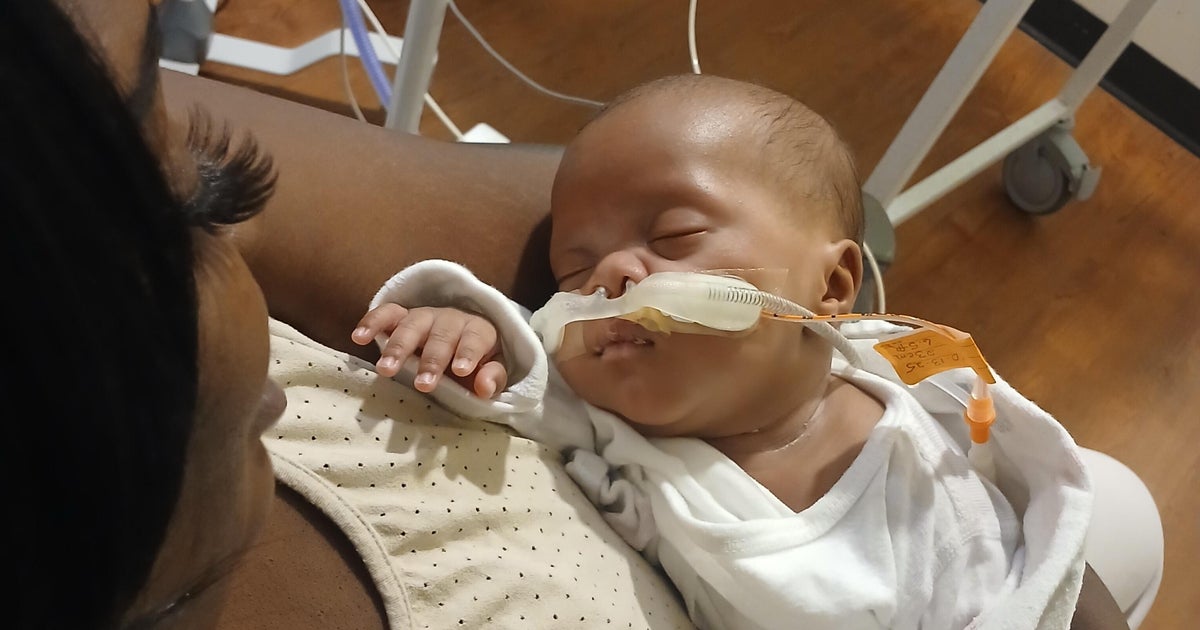Health Care Enrollment Counselors Facing Stiff Challenges
MIAMI (AP) — It's not easy being an advocate for the Affordable Care Act right now.
Health care advocacy groups are making an against-all-odds effort to sign people up despite confusion and hostility fostered by Republicans opposed to President Barack Obama's signature domestic policy achievement.
The Trump administration has taken numerous steps to undermine the law, and many states are doing little to promote coverage as health insurance open enrollment begins this week. Health care advocates are particularly concerned about people in Republican-led states with hundreds of thousands of uninsured residents, like Texas, Florida and Georgia.
Many of these groups are scrambling to fill in the gaps and combat misinformation, helping people decide which insurance policies are best for them and encouraging them to act quickly during the tight enrollment period of November 1 through December 15.
In Texas, where premiums are rising an average of 23 percent and many counties only have one or two providers, local health officials fear the price spike and lack of competition will turn consumers away.
"When you are sitting with a family of four below 125 percent of the federal poverty level and they look at you in the eye and say, 'Do I buy food for my kids tonight or do I pay a premium,' it's heartbreaking to see," said Daniel Bouton, a director at the Community Council of Greater Dallas.
A coalition of nonprofits in Kansas' largest county paid $66,000 for a television commercial airing 500 times in the coming weeks and created fliers dispelling myths about the law. They're being sent home in the backpacks of 20,000 students, and distributed with utility bills to another 8,000 residents. They also hired 12 new enrollment counselors, up from their usual four.
"We knew that we needed to band together," said Molly Moffett of the Community Health Council of Wyandotte County.
President Donald Trump repeatedly claims that the Affordable Care Act is in a death spiral, and has withdrawn support for it in many ways, fostering turmoil that has prompted many insurers to drop out or raise rates by double digits. The consulting firm Avalere Health predicted that individual plans bought through the health insurance marketplaces will rise an average of 34 percent nationwide.
Now that it's time to enroll again, his administration has slashed marketing budgets completely in some areas, and shortened the sign-up period from 12 weeks to six. Across the country, Trump cut spending on health care counselors, or navigators, by roughly 40 percent, from $62.5 million to $36.8 million, and reduced advertising from $100 million spent last year to $10 million, according to federal health officials.
Almost every state will feel the spikes at a time when enticing consumers to sign up for coverage has never been harder.
In Florida, where premiums are expected to rise 49 percent, the Epilepsy Foundation of Florida is hosting a handful of house parties during which navigators will assist with sign-ups.
Victor Rodriguez said during a phone-banking session in Miami that he recently began getting insurance through disability, but he's planning to re-enroll his wife through the federal marketplace.
"I'm concerned that (the law) is going to go away or the premiums are going to be very high and we are going to be priced out," he said.
In Ohio, the largest state navigator group shuttered its program after losing nearly 88 percent of its funding, dropping from $1.7 million to $486,000. The group helped sign-up about 10,000 residents last year, said Lisa Hamler-Fugitt, executive director Ohio Association of Food Banks.
It was similar in Iowa, where Planned Parenthood of the Heartland in Des Moines dropped out after its funding went from more than $304,000 last year to $45,000.
Shelli Quenga leads South Carolina's navigator program under the Palmetto Project, which previously served all 46 counties in the state. This year, her group will be in only the most densely populated areas after losing nearly half its funding. Rural areas will feel the brunt.
"You have so much land to cover and not very much money to do it," said Quenga. "Our state is mostly rural, so that means traveling great distances between small numbers of people, and it's just not cost-effective to do that when you also only have six weeks."
Enrollment groups warn the cuts will have real-life consequences when people miss the opportunity to get the right insurance for them.
Health policy experts and insurers also worry the cuts and misinformation could disrupt the market's delicate balance — meaning more sick people will sign up because they need insurance the most, while those who are younger and healthier (and wait longer to sign up) will stay away.
One group that targets this crowd, Young Invincibles, has beefed up social media efforts around the county and has had a surge of volunteers.
"That lack of awareness and confusion over what's available has kind of tripled and become so much more difficult this year because of all the repeal efforts in Congress," said Erin Hemlin, a director with Young Invincibles.
Alaska is one of the few states offering good news for consumers: a drop in premiums. But a 25 percent budget cut meant the Alaska Primary Care Association had to cut its marketing program. A coalition of local groups stepped in to pick up some of the slack.
(© Copyright 2017 The Associated Press. All Rights Reserved. This material may not be published, broadcast, rewritten or redistributed.)







